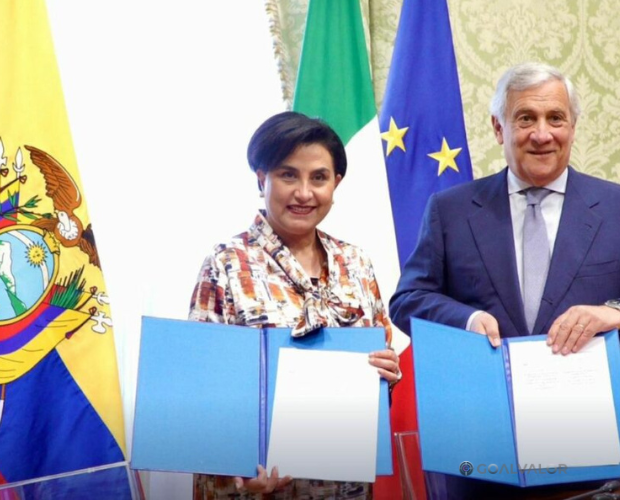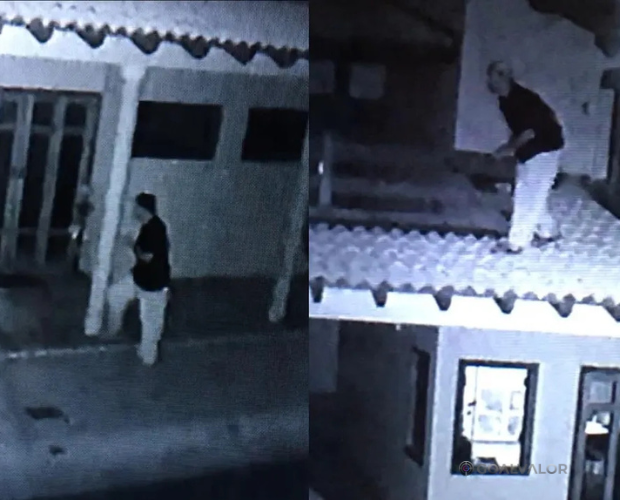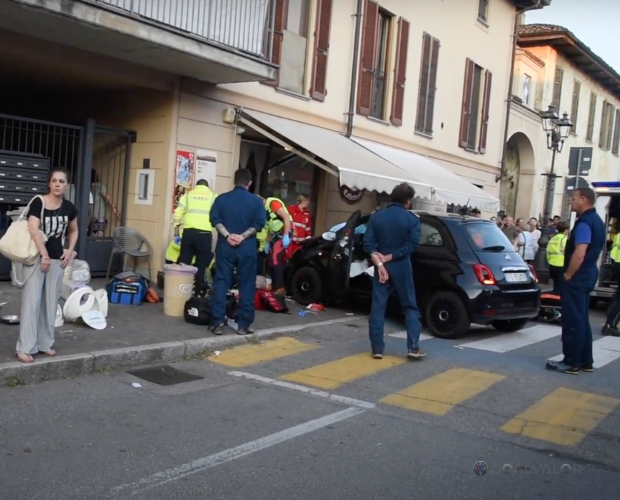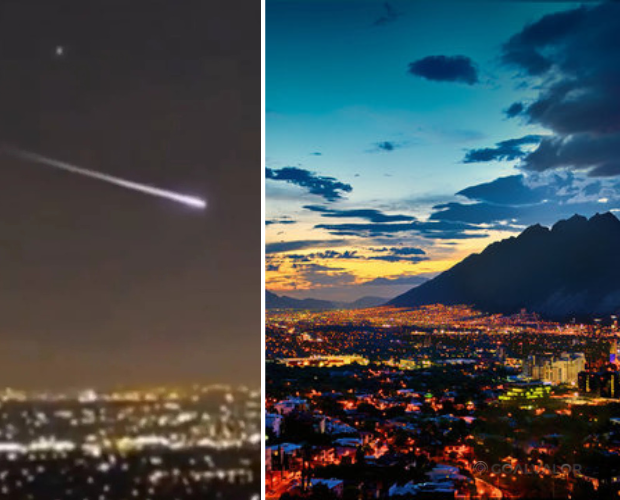A Global Mafia Threatening Collective Well-being
For decades, the Calabrian ‘Ndrangheta has perfected a silent yet lethal form of criminal persistence. Far from Sicily’s spotlight or the gunfights of Scampia, this mafia of “invisible capos” has consolidated its dominance through international drug trafficking, money laundering, and discreet alliances. The arrest of Emmanuelle “Dollarino” Grigorini in Cartagena de Indias on March 18, 2025, exposed a dark chapter: the expansion of the ‘Ndrangheta into Ecuador’s ports and logistical hubs, with tentacles extending far beyond Guayaquil.
The mafia’s first furtive steps into Ecuador trace back to at least 2013. Calabrian fugitives quietly settled in coastal cities, hiding in plain sight within shadow networks that maintained ties with local criminal groups. By 2015, cocaine shipments were already being smuggled in frozen shrimp containers bound for Venice. What began as isolated events evolved into a structured system that defied authorities and severely impacted Ecuador’s economic and social well-being.
Criminal Alliances, Money Laundering, and Challenges for Legal Professionals
To breach port security and bypass controls, the ‘Ndrangheta relied on subcontracted gangs such as Los Lobos and Los Choneros, who handled the dirty work—logistics, manpower, and local cover. These groups were paid only after successful delivery, creating a cycle of secrecy and dependency. For legal and security professionals, tracking these links poses a daily challenge.
In parallel, the Calabrian mafia forged close ties with Balkan mafias—especially Albanian and Serbian groups—who provide secure corridors to Europe through ports like Antwerp and Rotterdam. Italy’s Gioia Tauro port, a traditional stronghold for the ‘Ndrangheta, continues to receive shipments from South America, confirming stable routes between Ecuadorian suppliers and Italian organized crime.
The money trail follows a well-rehearsed script: profits from drug sales in Europe are funneled back through Asian financial channels and reinvested both in Calabria and Ecuador. In Ecuador, the funds are laundered through restaurants, real estate, exchange offices, cryptocurrency operations, and import-export businesses. This cycle undermines the well-being of local economies, distorts fair competition, and corrupts the legitimate business fabric.
Most concerning are the suspected ties to local politicians and public officials. Although no formal evidence has emerged, the mafia’s reputation for infiltrating institutions through seemingly respectable intermediaries keeps suspicion high. The lack of thorough investigations into banking operations and corporate transactions creates an atmosphere of opacity and erodes public trust in institutions.
Shared Strategies to Combat Crime and Protect Well-being
The capture of “Dollarino” is only the beginning. The challenges for justice professionals demand a coordinated, multi-level, and international response. Some actionable strategies include:
- Establishing international task forces composed of professionals specialized in transnational crime, enabling continuous information exchange between Italy, Colombia, and Ecuador.
- Advanced training for port and customs personnel, focusing on tools such as blockchain tracking and forensic container analysis to outsmart traffickers.
- Reinforcing anti-money laundering regulations, requiring banks, financial advisors, and crypto platforms to flag even low-value suspicious operations.
- Active participation of civil society and ethical professionals, by promoting secure whistleblowing systems, offering incentives for valuable tips, and launching educational programs focused on community well-being.
- Collective well-being also depends on transparency within legal and economic systems. Combating the ‘Ndrangheta is not just a matter of security—it’s a cultural, economic, and professional challenge that calls for courage and long-term vision. Everyone’s contribution is vital: institutions, citizens, companies, and above all, the professionals who work in the shadows to bring clarity.
From the Calabrian mountains to the Ecuadorian docks, the ‘Ndrangheta has shown remarkable adaptability, infiltration skills, and silent control. But silence can be broken. The challenges are complex—but not insurmountable. Only through unified efforts—international cooperation, professional training, community engagement, and a shared defense of well-being—can this invisible web be dismantled, restoring justice where fear and obscurity now reign.








